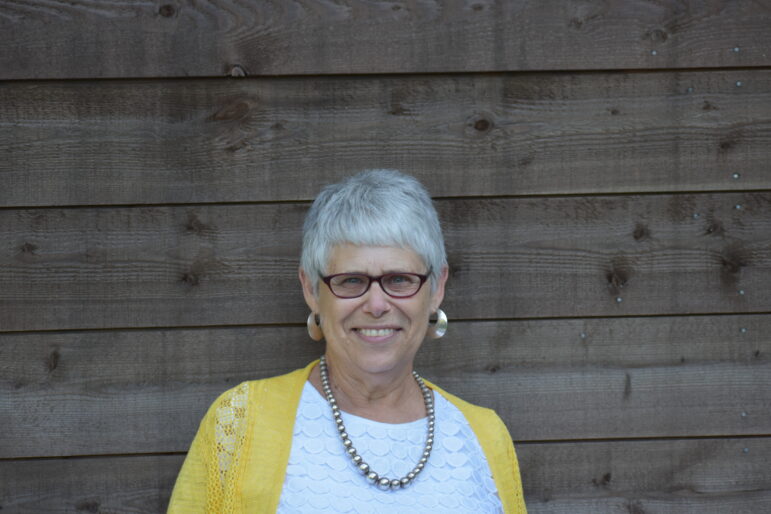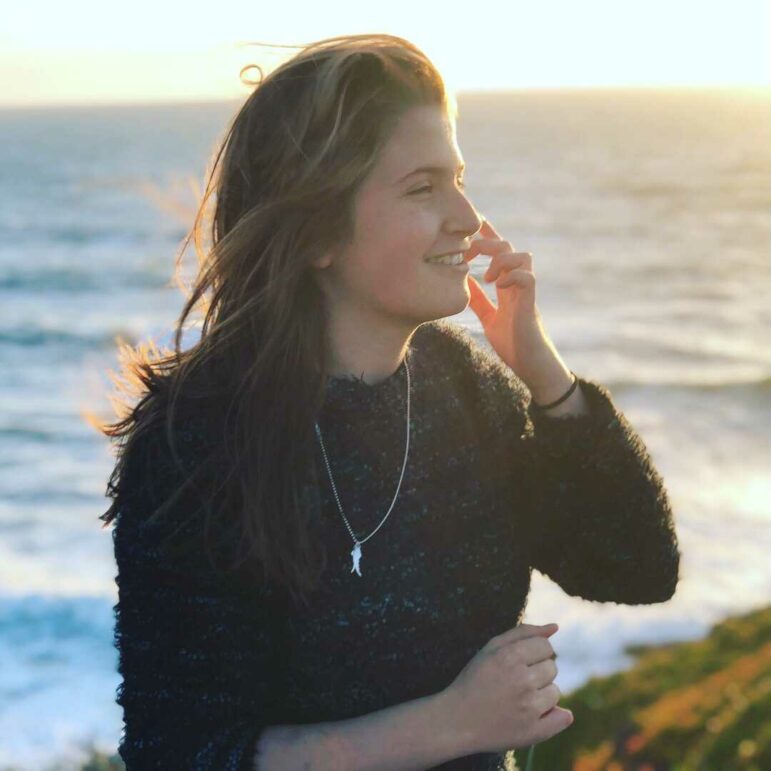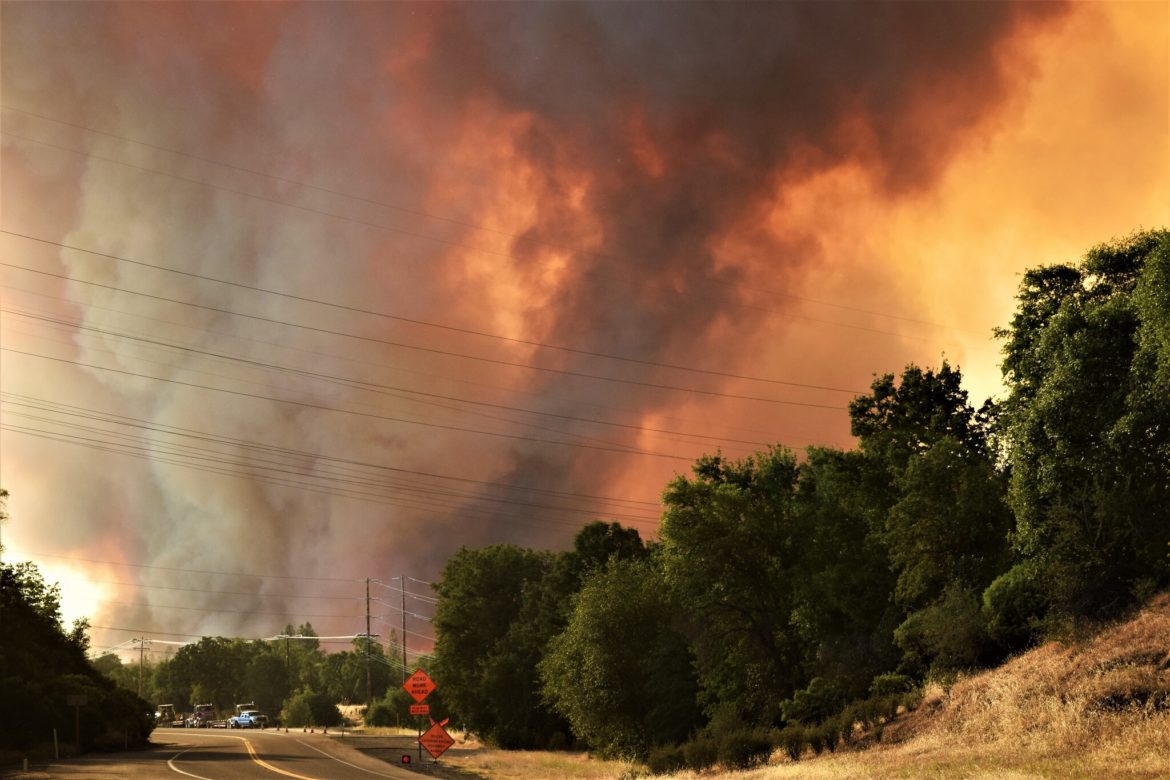As wildfires rage, unprecedented heat waves kill and cities are drowned in heavy rain, climate dread is turning to climate grief for many people.
Dr. Robin Cooper, an assistant professor in the Department of Psychiatry at the University of California, San Francisco, told “Civic” that the constant wildfires and air pollution in California have caused some of her patients to become overwrought with grief.
“I’ve seen moms who have been in complete breakdown, distraught, weeping as they confront a feeling of helplessness, of being unable to protect their children. I’ve also had patients say to me, ‘I’m not going to think about that at all. Because if I do, I can’t take care of my children and work.’”
Cooper said while it’s important that we remain in touch with those powerful feelings, they can also prove too much for some.
“We’re in trouble when the feelings are so overwhelming and create a kind of apathy or withdrawal. I think it’s really important to be in an in-between state, tolerating the upset feelings, but not falling into despair, which creates the helplessness, because we’ve got to act now.”

Acting now is what Lily Cohen, a youth organizer with 350 Bay Area, an international organization addressing the climate crisis, is doing. For her, the climate change threat — now becoming reality — is spurring greater action.
“It was a huge awakening when I think these multiple crises just came hitting all at once,” she said. “Of course COVID, the wildfires and a multitude of other climate justice issues, including the Black Lives Matter movement and many others. But I think, in general, taking action is what helps me to get through this.”
That isn’t a universal response among young people. Cohen cited an April 2020 poll commissioned by Seventh Generation, a company that sells eco-friendly products to finance environmental activism, which found that 71% of Millennials and 67% of Generation Z respondents reported their mental health has been impacted by climate change.

The magnitude of the climate change threat and the scale of action needed by governments and institutions is unprecedented, but Cooper said there are lessons from earlier generations that rose up to organize against an existential threat.
“I had that exact same experience when I learned about the potential for nuclear destruction. I think they’re comparable,” she said. “Historically, that was a time of awakening and putting myself into an activist mode to address the issues of nuclear destruction, just as I think it’s important at this point, as we face climate destruction.”
The threat of nuclear war hasn’t ended, but the massive nuclear arsenals on hair-trigger alerts have been drawn down from their heights during the Reagan administration. President Reagan entered office with an aggressive posture to the Soviet Union which included a massive buildup of the U.S. nuclear weapons arsenal.
That posture changed amid greater public awareness of the consequences of a nuclear war with tens of thousands of warheads, many of them more powerful than those that destroyed Hiroshima and Nagasaki.
The model of activism from below, changing the course of governments, is one that Cohen is betting her future on.
“What inspires me most is the perseverance of the activists from the past,” she said. “The fact that these activists didn’t give up, even though they were the toughest situations that they could possibly be in, was a real factor in what’s pushing us today, and also just inspiring us to continue going, no matter how bad they seem to get.”
Cooper said every generation has learned that there is really only one way to overcome feelings of despair.
“Despair is a permission to disengage,” she said. “As much as it may feel awful, it is a protection from actually grappling with solutions. And so put aside the despair, find the areas that you can engage in. Taking action is one of the ways to make a real contribution and also to manage those horrific uncomfortable feelings.”










